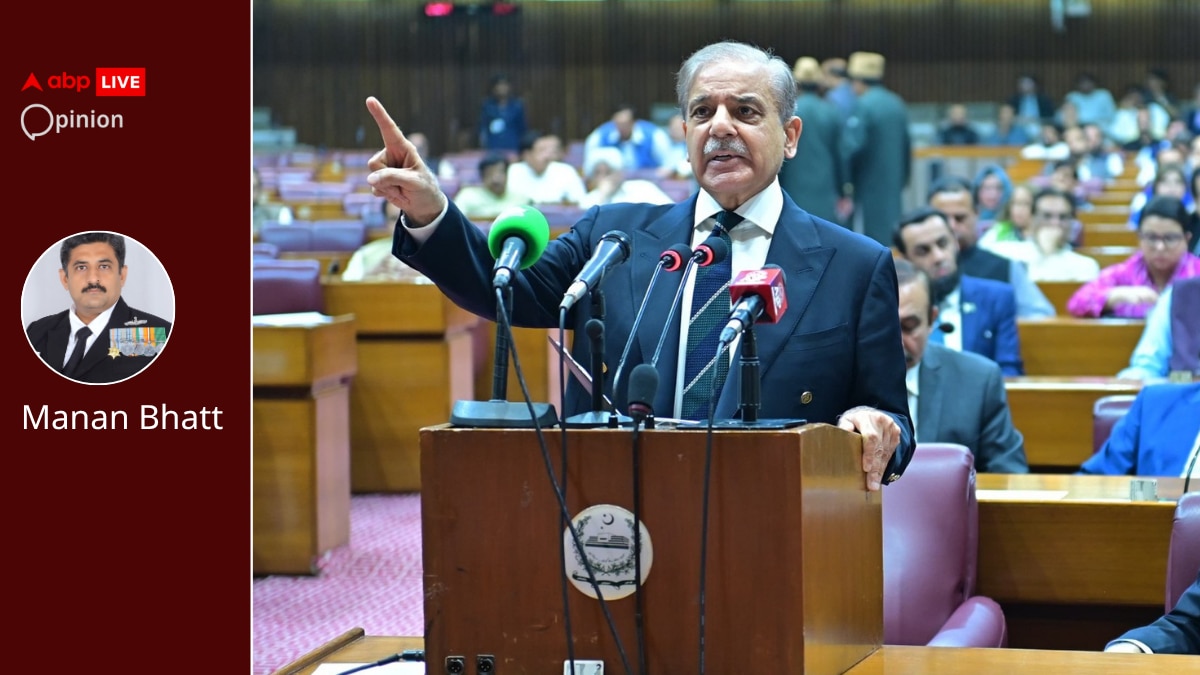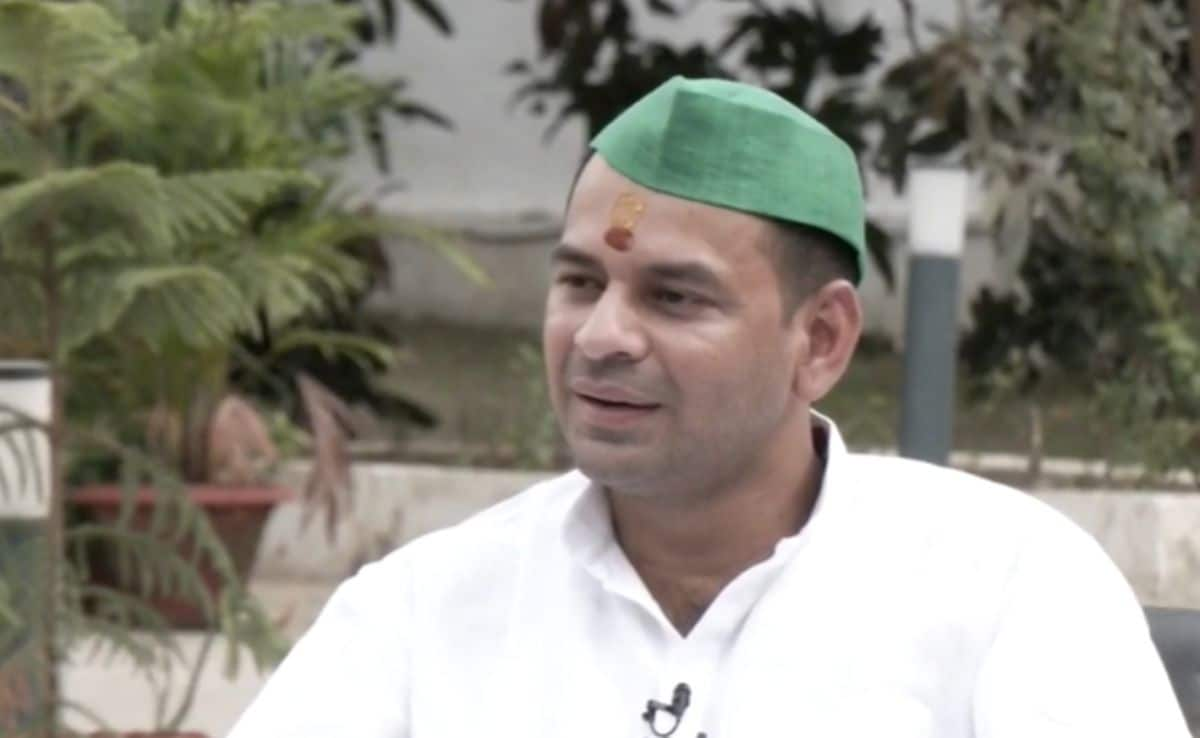<p>Pakistan, frequently described as a strategic Western partner in South Asia, has a disconcerting history of permitting foreign powers, especially the United States, to utilise its land and military facilities. This has usually occurred at the cost of national sovereignty and the desires of its people. At the centre of this process is a strong military class, such as the Inter-Services Intelligence (ISI), which has repeatedly facilitated foreign intervention while at the same time conducting clandestine regional operations, narco-trafficking, and strategic duplicity.</p>
<p>Perhaps the most egregious symbol of this diluted sovereignty is Noor Khan Air Base — a base nominally in Pakistani hands but broadly suspected of serving as a clandestine operational centre for US intelligence and military supply operations. Following India’s precision strike on Noor Khan Air Base during Operation Sindoor, allegations erupted from within Pakistan over the true nature of the base’s control. Pakistani journalist and security expert Imtiaz Gul has alleged that Noor Khan is effectively under US control, with even senior Pakistani military officers barred from accessing certain areas.</p>
<p>This revelation has raised serious questions: Did India inadvertently strike a US-controlled facility? And if so, was the sudden American push for a ceasefire less about de-escalation and more about protecting its own covert interests? The timing is telling: India’s strike was swift and targeted, and Washington’s diplomatic machinery kicked into high gear almost immediately afterwards. If Gul’s claims are accurate, India may have exposed a hidden US-Pakistan military nexus, forcing President Trump into damage control mode — begging for a ceasefire not to protect Pakistan, but to shield its own footprint on Pakistani soil.</p>
<p>Situated close to Islamabad, Noor Khan Air Base (previously Chaklala) has long been used as a dual-use base for both military and VIP airlift. Its location and facilities have, however, turned it into a target for clandestine US operations ever since the Shamsi Air Base closed in 2011. Multiple incidents point toward this, despite the Pakistani government’s claims to the contrary.</p>
<p>The Raymond Davis crisis of 2011, in which a CIA contractor killed two Pakistanis in Lahore and was rapidly pulled out under diplomatic cover, allegedly used Noor Khan as a staging area. The fact that the extraction of Davis and the cooperation of the ISI with the CIA hint at an extensive operational entwinement — one which certainly includes surveillance, drone coordination, and intelligence logistics — further indicates that this is indeed the case.</p>
<p>Although the information is classified, leaks around Operation Sindoor indicate that Noor Khan Air Base might also be operating as an undeclared node of a larger US drone and surveillance network. Satellite imagery, intercepted communications, and human intelligence reportedly confirm the presence of foreign staff, advanced equipment, and encrypted data links typical of US military operations.</p>
<p>If these allegations are true, they would establish that Pakistan’s military establishment has secretly rented strategic assets to the US at the expense of civilian control and public accountability. This would not only constitute a violation of Pakistan’s sovereignty but also subject the nation to retaliatory threats from those enemies who perceive such cooperation as adversarial.</p>
<p>Pakistan’s geopolitical approach has historically been characterised by a dualistic stance — backing militant movements on the one hand and collaboratively working with the West against terrorism on the other. The ISI-led duality in the Soviet-Afghan War was continued when the ISI, in partnership with the CIA, trained mujahideen in Pakistan. These very same militants went on to become the Taliban, who continued to be supported by the ISI as Pakistan itself became a frontline state in the US-sponsored War on Terror.</p>
<p>This duplicity — running with the hare (backing the Taliban) and hunting with the hounds (supporting the US) — has enabled Pakistan to take in billions in foreign aid while maintaining control over regional insurgencies. Noor Khan Air Base, therefore, is a physical manifestation of this two-faced approach: a base employed to advance US drone attacks on militants that the ISI has long fostered.</p>
<p>The 2011 Abbottabad raid that killed Osama bin Laden a mile from Pakistan’s top military academy revealed further duplicity. Either by complicity or incompetence, the failure of the ISI to have detected bin Laden ended any illusion of openness or trust.</p>
<p>There are contradictions aplenty in Pakistan’s history:</p>
<ul>
<li>
<p>The Haqqani Network, which has been designated by US officials as a “veritable arm” of the ISI, continued to operate from Pakistani soil even as Islamabad was taking US counterterrorism aid.</p>
</li>
<li>
<p>The 1999 Kargil War had Pakistan employing US-supplied arms — meant for anti-Soviet activity — to infiltrate Indian space, close to sparking a full-fledged war.</p>
</li>
<li>
<p>Terror groups such as LeT and JeM, who conducted terror strikes in Mumbai and Pulwama, operate with impunity under the cover of being “freedom fighters,” even as Pakistan continues to be a US ally.</p>
</li>
</ul>
<p>In addition to military duplicity, Pakistan’s military and ISI have been heavily involved in the international narcotics business, specifically in smuggling Afghan opium and heroin. The 2022 NATO DEEP report ‘Narco-Insecurity, Inc.’ purports that the ISI has enabled heroin production and smuggling channels, charging for opium production and safeguarding drug lords in return for gains.</p>
<p>This illicit economy, rooted in Cold War-era practices, continues to thrive. The ISI’s role in laundering drug money through Karachi ports and enabling smuggling networks across Europe and the Middle East further blurs the line between statecraft and organised crime.</p>
<p>The likelihood of Noor Khan Air Base being partially or secretly controlled by the US is more than a question of military logistics — it is a sign of Pakistan’s compromised sovereignty. Operation SINDOOR has made this question more acute, laying bare the extent to which Pakistan’s military leadership might have exchanged national autonomy for strategic influence and economic benefit.</p>
<p>So long as Pakistan is both hare and hound in office, it will remain a pawn in the great power game — its citizens bearing the cost of a game of chance played out behind closed doors. The hour is now for open civilian accountability, the reassertion of democratic authority, and a reckoning with the military’s role in auctioning the republic’s future.</p>
<p><em>(The writer is a Naval Veteran and a Military Historian. Views expressed are his own.)</em></p>
<p><em><strong>[Disclaimer: The opinions, beliefs, and views expressed by the various authors and forum participants on this website are personal.] </strong></em></p>
World
Noor Khan and the Shadow War: How Pakistan Sold Its Sovereignty to the Highest Bidder | Opinion
by aweeincm

Recent Post

Humble Beginnings To Serving Nation: Assam Rifles Felicitates 9 Newly Commissioned Officers From Manipur
In an event exemplifying the contributions of Manipur towards the ... Read more

“People Target Me Because They Know I Am Next Lalu Yadav”: Tej Pratap To NDTV
Expelled from the Rashtriya Janata Dal for six years, with ... Read more

Upcoming Phones in July: Samsung Galaxy Z Fold 7, OnePlus Nord 5, More
July is shaping up to be an exciting month for ... Read more

Axiom-4 Docking LIVE: Shubhanshu Shukla Becomes 1st Indian Astronaut On ISS
Shubhanshu Shukla Axiom-4 Mission Docking LIVE Updates: Shubhanshu Shukla has become ... Read more